Composting as a way of connecting with nature
The Roda Verde Urban Composting Initiative in Niteró (RJ) encourages the practice of composting organic waste for transformation into organic fertilizer, in a sustainable and entrepreneurial initiative. In the city of São Paulo, the campaign bets on the support of local authorities and organizations seeking to avoid food waste
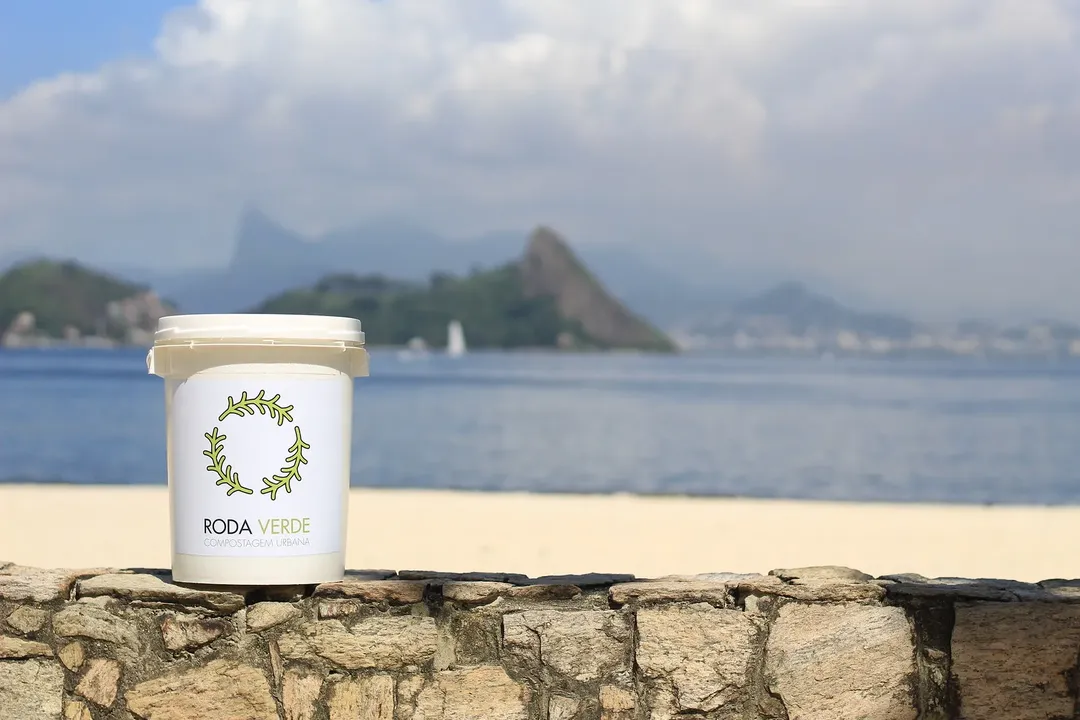

Credits: Disclosure-Roda Verde Compostagem Urbana / Campanha São Paulo Composta, Cultiva
By: Gabriel Murga / Favela em Pauta – Lupa do Bem
The Roda Verde Urban Composting initiative emerged from the desire of three friends to develop a sustainable project, intending to provide quality of life in the city of Niterói, in the state of Rio de Janeiro.
Started in 2018, through collections at the homes of friends and family members of Rayan Cavalcanti, Pedro Vasconcelos and André São Thiago, the project has already composted more than 70 tons of waste. Currently, the initiative collects about ten tons per month in spaces such as schools, homes, squares and other collective environments.
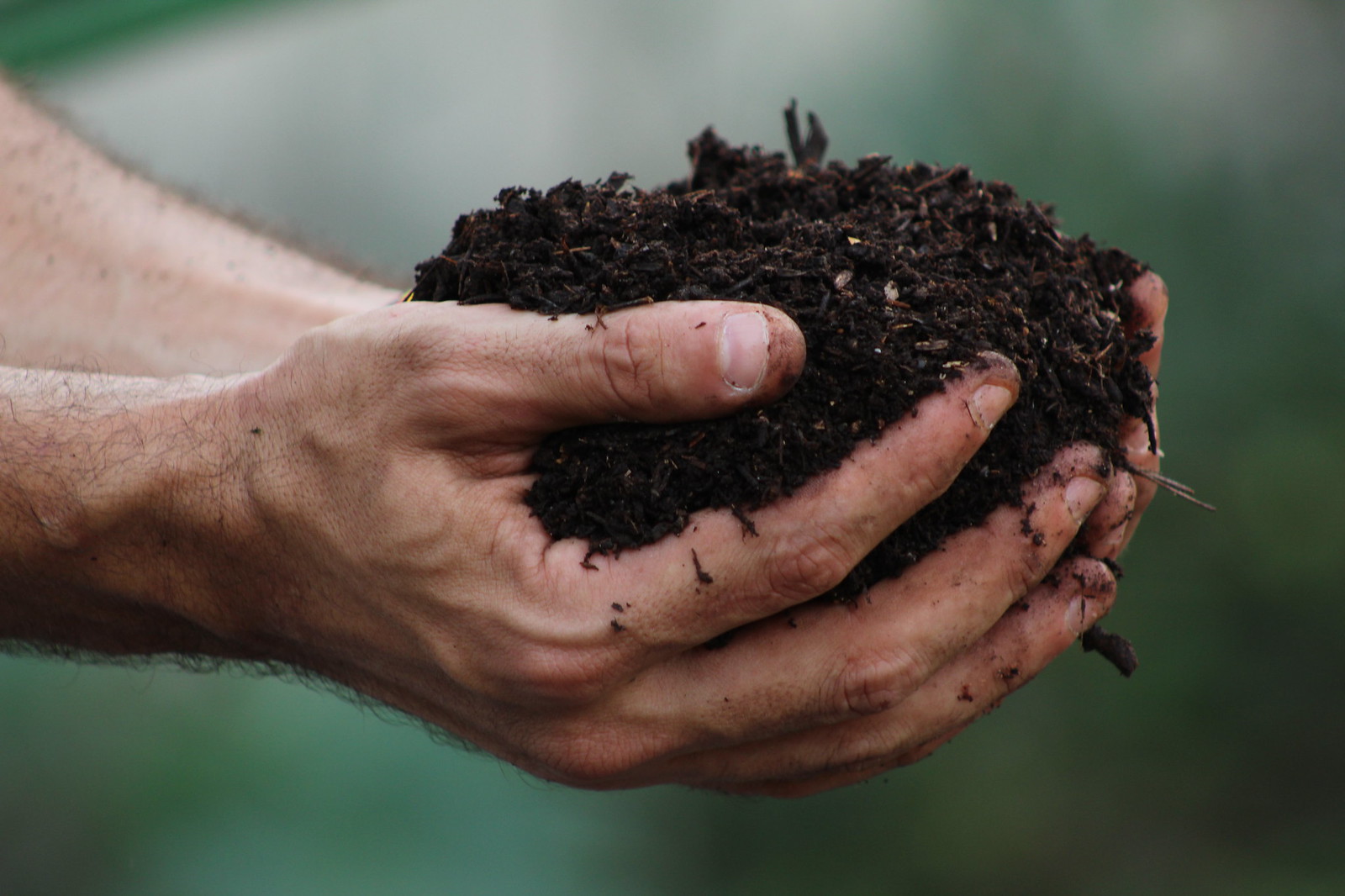
Roda Verde collects by bicycle, avoiding the emission of carbon dioxide, which directly benefits the environment and, at the moment, the service works in the neighborhoods of Icaraí, Santa Rosa, Ingá, São Domingos, São Francisco, Charitas, Centro, in the Oceanic Region and Pendotiba, in the municipality of Niterói.
The collected waste is only of organic origins such as fruit peels, vegetables, eggshells, napkins and unpainted paper. Through packages, with different values, those who hire the service receive organic compounds to strengthen the home garden, in addition to gifts.
“Education is fertile ground and full of possibilities for these changes to happen and we work with the commitment to be a pollinator of good ideas – which for us materialize in the service of collection, treatment and recycling of organic waste”, they say.
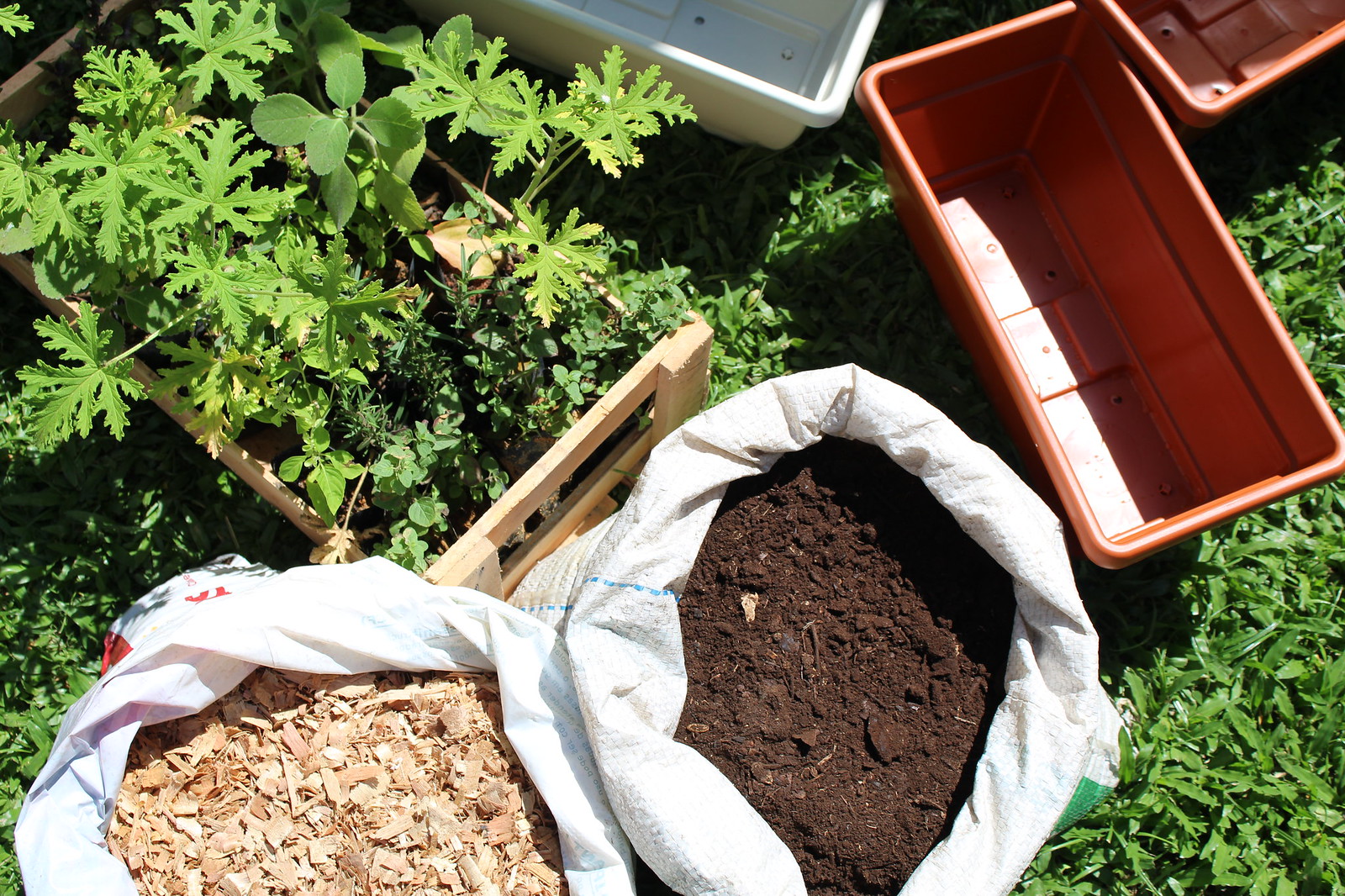

Lupa do Bem spoke with André São Thiago, one of the founders of Roda Verde Compostagem Urbana, to understand the impact of the project.
Lupa do Bem: How can separating waste (in your case, organic waste) be a practice that has an impact on the daily lives of families and society as a whole?
André São Thiago: When you separate your waste, you start the possibility of correctly disposing of each type of waste. Therefore, from a practice inside your home, even more, if after separation, the recyclables go to processing stations, and the organic ones go to compost, we reduce by approximately 10 times the emission of greenhouse gases. , contributing to the positive impact on our planet.
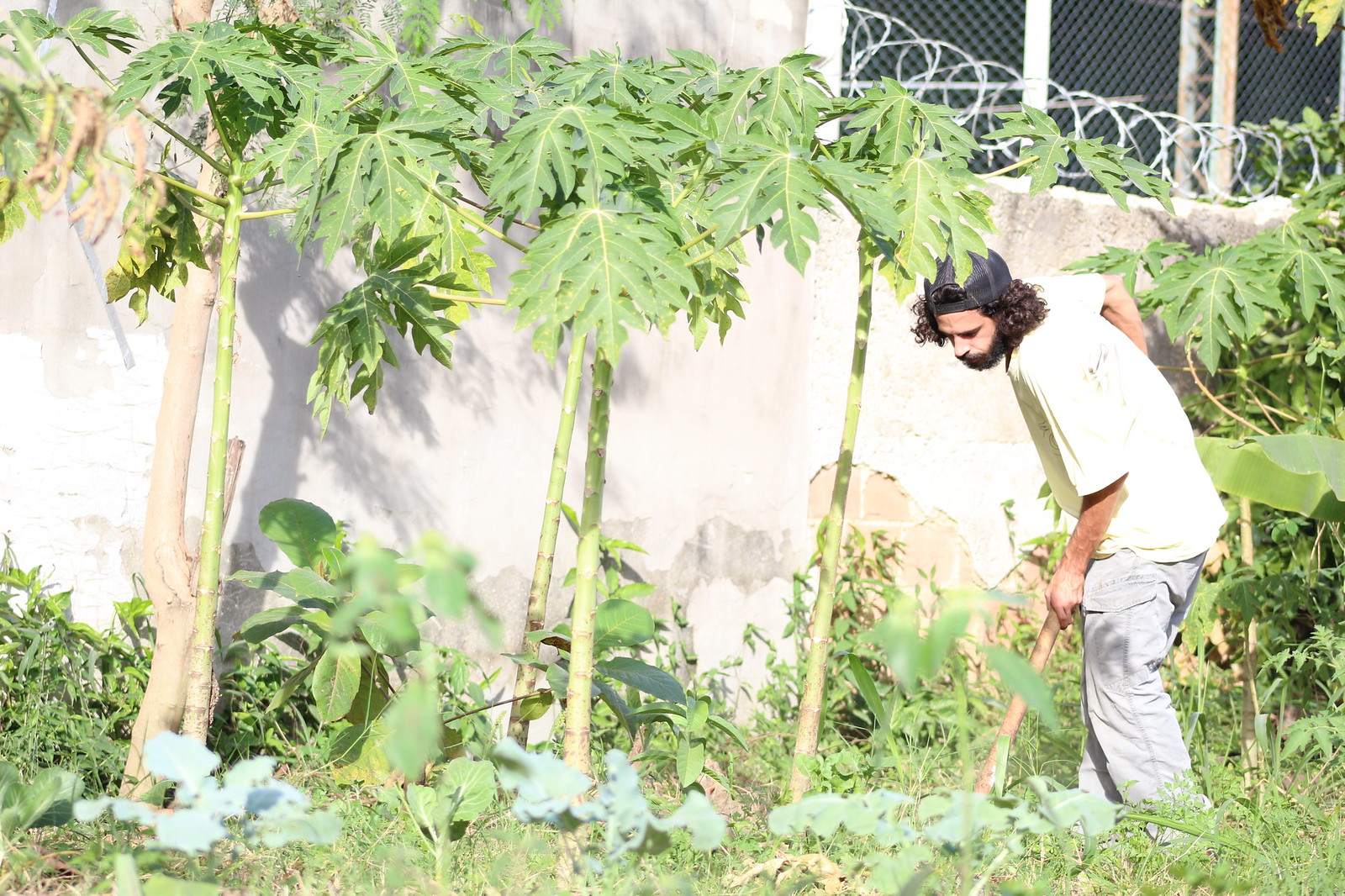

Lupa do Bem: How does composting help and how should we separate organic waste?
André São Thiago: Composting is a process we use to take advantage of the energy and nutrients contained in organic waste. We thank the intelligence of the forest for helping us to understand that “nothing is created, nothing is lost, everything is transformed”. So, when we separate organic waste from other waste in our home and send it to compost, we connect more with our natural principle. We can separate it in homemade composters, community land, or with initiatives such as Roda Verde, which help you separate and correctly dispose of your organic waste.
Lupa do Bem: How does composting help and how should we separate organic waste?
André São Thiago: This incentive is very clear! People start to get interested in how to use the generated compost, and when they see the result they get more and more motivated. And all age groups are interested in this activity, maybe older people earn very little. But this represents the concern that we see growing to act in ways that contribute to the balance of our planet.


Composting is a practical way
The Food and Agriculture Organization of the United Nations (FAO) in Brazil estimates that about 30% of the food produced in the country does not reach Brazilians. FAO also points out that more than a quarter of agricultural areas are destined for the production of food that ends up being discarded.


One of the great challenges in facing climate change is the organic waste generated in homes. Materials such as food husks, coffee grounds, and unused parts of fruits and vegetables, when properly separated and managed, can be transformed into raw materials for composting, benefiting farmers and consumers.
This has a significant impact, since more than 50% of the waste generated in Brazil is organic matter, a waste of almost 41 thousand tons of food, enough to feed about 10% of the Brazilian population, according to data from the Akatu Institute and ONU Verde.
Initiative pushes for composting in Latin America’s biggest city
In São Paulo, a group of organized civil society organizations has sought, through the São Paulo Composta, Cultiva campaign, to “increase the commitment of the City Hall and the City Council with public policies for the recycling of organic waste, such as waste from food and pruning, and promotion of agroecology in the municipality.”
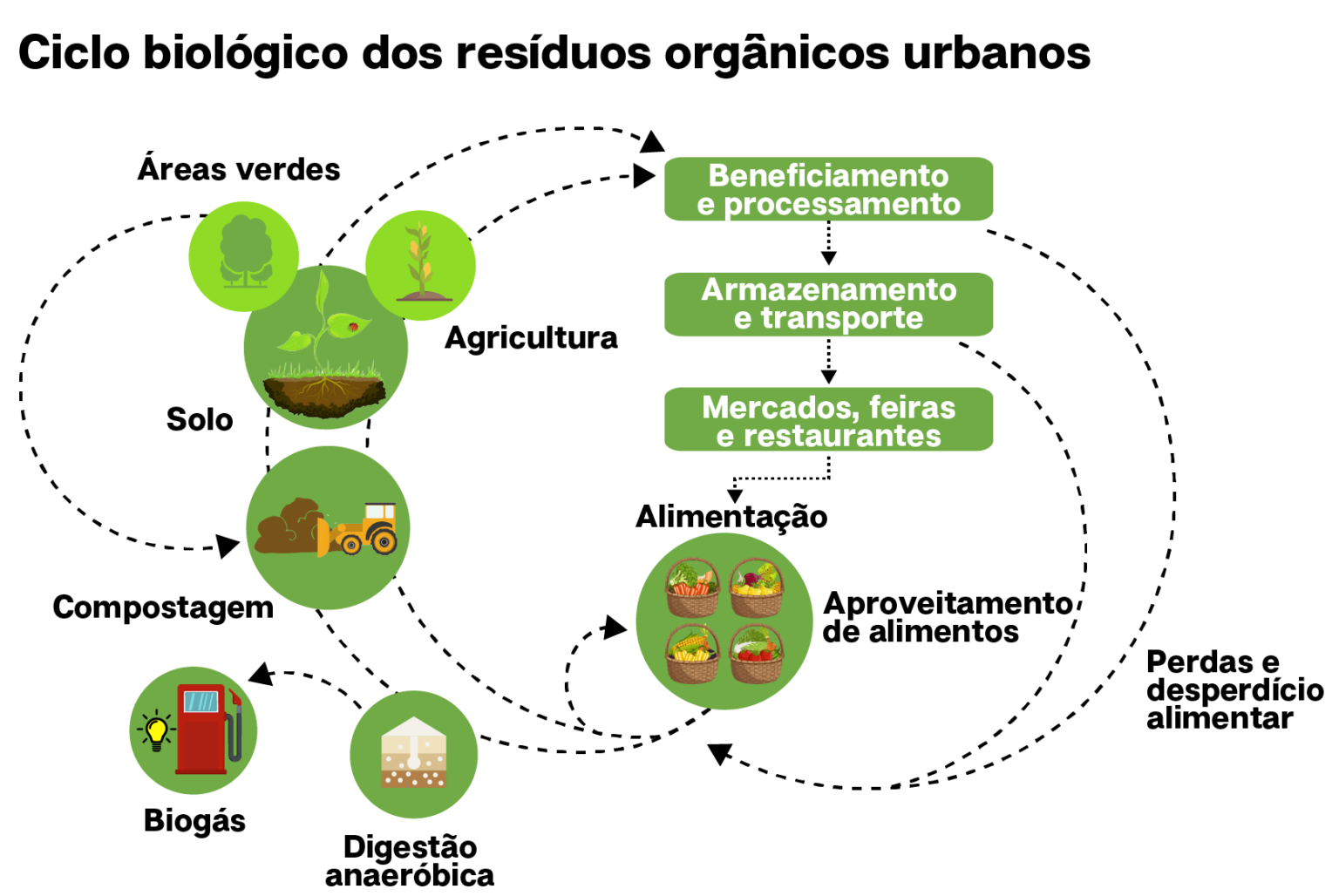

The campaign is made up of organizations such as the Climate Observatory, Instituto Lixo Zero Brasil, Clima Info, Observatory of the National Solid Waste Policy, SOS Amazônia, Uma Gota no Oceano, and National Movement of Recyclable Material Collectors, among others.
“The Campaign formulated a base document for decision-making intending to present to politicians, decision-makers, public policy makers and civil society in the city of São Paulo (SP) data and information that justify the need and urgency of promoting advances in public policies for the management of organic waste in the city”, points out the Instituto Pólis website, which gathers information about the action.
Actions and organizations that donate food and avoid waste
A survey by the company Eco Circuito, which provides advice on waste management, points to some organizations in the city of São Paulo, such as the NGO Banco de Alimentos, the Comida Invisível app and the Saveadd initiative.
The NGO Banco de Alimentos, founded in 1998, is a civil association that collects food that has lost its shelf value in commerce and industry, but is still fit for consumption, and distributes it where it is most needed.
Instead of discarding vegetables, pasta, fruits, among others, the partners donate the surplus to the NGO, which passes the food on to social entities registered in the project. This distribution allows the nutritional supplementation of meals served to thousands of children, young people, adults and elderly people in São Paulo every day.
The Invisible Food platform connects people to cause social and environmental impact, in addition to bringing content aimed at changing food consumption habits so that everyone can do their part. Currently, the platform already has more than two thousand people donating food that reaches more than 200 NGOs every month.
The Saveadd, in its turn, is a technology company that works to avoid waste, finding organizations able to receive donations or purchases at more affordable prices.

